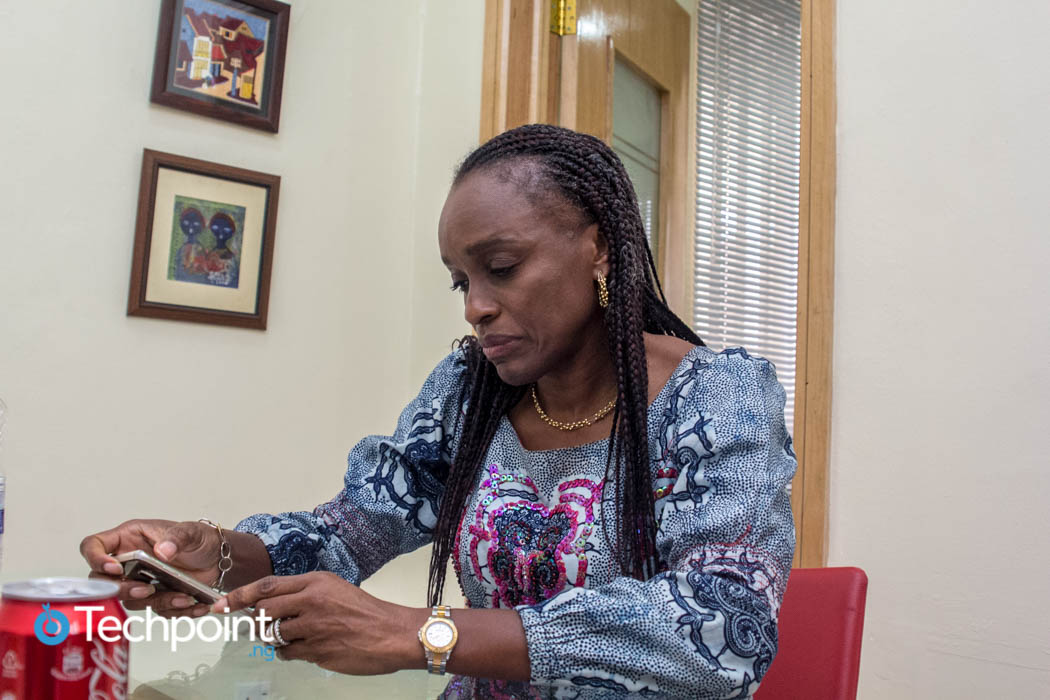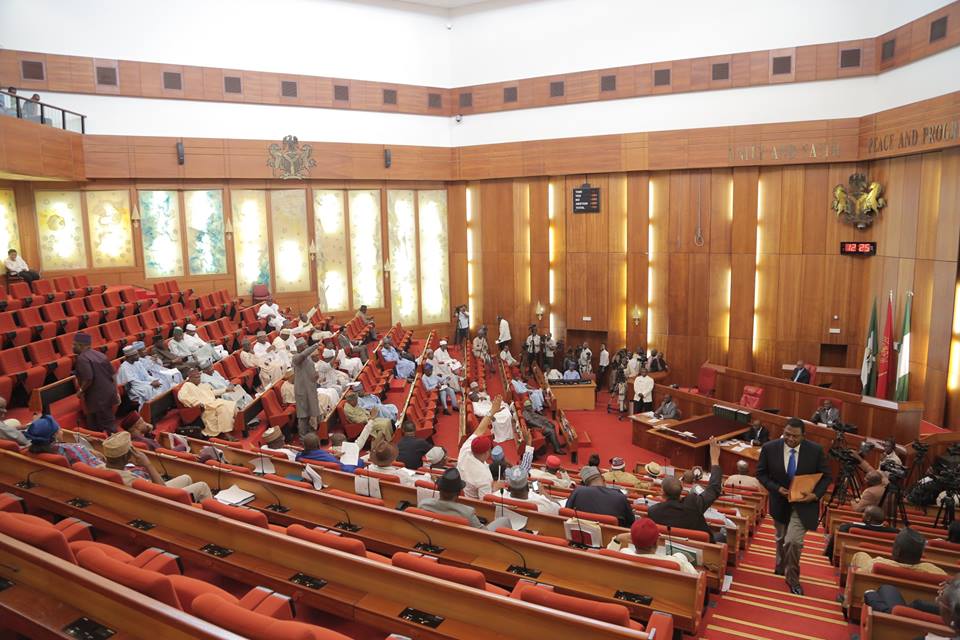Data from the Nigerian Bureau of Statistics (NBS) says Nigeria’s unemployment and underemployment rate rose to 40% in Q3 2017 from 37.2% the previous quarter.
Recurrent retrenchments by companies keeps shooting this number up — the government is the only sector that’s not laying off workers in the current economic distress.
Even though the government cannot provide jobs for everybody but the mapped out activities of the Federal Ministry of Communications in the Nigeria ICT Roadmap 2017 – 2020 are geared towards a target of 2 million jobs by the year 2020.
The roadmap was meant to help the implementation of existing government ICT-related policies. And also ensure that the sector attained its full potentials for growth and sustainability of the nation’s economy.
The unemployment figures are worrisome from every facet considering that the unemployment rate of Q3 2017 was 2.1 million higher than that of Q2 of the same year.
With $32 billion in foreign direct investment (FDI) as at July 2015, the ICT sector remains one of the top sources of FDI in Nigeria, a number which keeps growing by the day. It appears the telecommunications sector is the major driver of FDI in the Nigerian ICT industry; the whole tech startup ecosystem can’t boast of up to $2 billion in funding from the above figure.
Regardless, the startup ecosystem is playing its part by creating employment irrespective of people’s educational background(s) or work experience(s). This is a period when there’s a call for diversification from a mono-product economy, with technology and the Internet being considered as part of the potential economic saviours.
The 3-year ICT roadmap, which has the creation of 2 million jobs as its end goal, has a lineup of 13 activities. All these activities showcase the government’s intention and commitment towards the development of the ICT sector.
The roadmap specifically focuses on governance, policy, legal and regulatory framework, industry and infrastructure, and capacity building.
Based on the timeline of the roadmap, the delivery of activities is as listed below:
- May 2017 – Establishment of Digital Literacy Council
- August 2017 – Establishment of Project Management Office in the Federal Ministry of Communications (FMoC)
- September 2017 – Review and update national ICT policy
- October 2017 – Establishment of Innovation Hubs around the country
- November 2017 – Baseline audit of all departments and agencies under FMoC
- April 2018 – Review and revamp national broadband plan
- May 2018 – Broadcast of high-quality audio and video content using the Direct to Home (DTH) platform
- July 2018 – National dashboard for Project Monitoring and Tracking
- October 2018 – Upgrade Digital Bridge Institute to a specialised ICT University
- April 2019 – Complete repositioning of NIPOST
- December 2019 – Achieve improved revenue generation from ICT
- February 2020 – Increase rural access coverage by 40%
- April 2020 – Achieve target of creating 2 million jobs
We may want to ask what happened to deliverables of 2017; we must not forget that the 2017 appropriation bill was signed into law in June 2017, and there currently appears to be no sign of the deliverables for 2017.
A critical look at items on the 2017 budget of the Ministry and the communication ministry’s aspect reveal proposed construction of ICT centres and innovation hubs in 9 states of the federation: Benue, Adamawa, Enugu, Oyo, Borno, Katsina, Cross River, Sokoto, and Niger.
A friend on Twitter confirmed the existence of an ICT centre in Benue state which is repeatedly currently not in use. The said ICT centre was established during the tenure of Dr Peter Igoh, a native of the state, as the chairman of the Nigerian Communications Commission.
Before mounting pressure on the government for the creation of more hubs, we may just want to ask ourselves if we really need the government in that space, as setting up hubs and centres is a different ball game from keeping them operational.
The National Information Technology Development Agency (NITDA), which is one of the agencies under the supervision of the Communications Ministry established to implement the nation’s IT policy, claimed to have established 347 rural ICT centres around the nation as at 2015.
As at December 2014, when I visited the rural NITDA ICT centre in my mother’s hometown in Ogun state, the centre was just a ‘glorified cybercafe’ — I was actually there to access the Internet for a fee. And a friend back home confirmed the centre is no longer running as of now.
We can just pardon the government on future establishment of hubs and ICT centres if there are any lessons learnt from iDEA hub’s exit.
Instead let the government concentrate on creating policies that will encourage and promote private organisations’ continued participation in the sector. The Co-Creation Hub in Lagos, among others, is proof of the success of private involvement within the space.
Regarding other items on the timeline for 2017, there’s no news about the review and update of the national ICT policy 2012, the project management office of the Ministry, or the audit of all departments and agencies under the supervision of the Ministry.
Worthy of note is that on assuming office, the Communications’ Minister, Barr. Adebayo Shittu, presented the Communications Sector Roadmap for 2016 – 2019, which outlined the steps to be taken by the government to commensurate the impact of the ICT sector on Nigerians.
However, there are no timelines to the achievement of the mission of the communications sector roadmap, an industry that in Q3 2017 contributed 8.69% of the total Nominal GDP, according to NBS.
Another government roadmap of the industry in recent years is the broadband plan, which spelt out the government’s ambition to achieve a 5-fold increase in broadband penetration by 2018, and the last item on its timeline is the spread of 3G/LTE to at least 80% of the population, but broadband penetration stood at 21%, as at 2017.

Being a completely different sub-sector of the industry, we really cannot attribute the reasons why the National Broadband Plan may never see the light of the day to why the ICT Roadmap has not produced anything positive so far.
The hope of those in the sector is that the roadmap doesn’t turn out to be another document that will never attain fruition. I’d say may this not be listed as part of the failed promises of the Nigerian government with regards to technology if I want to go the way of spirituality. However, praying won’t solve this; holding government departments and agencies accountable will.









